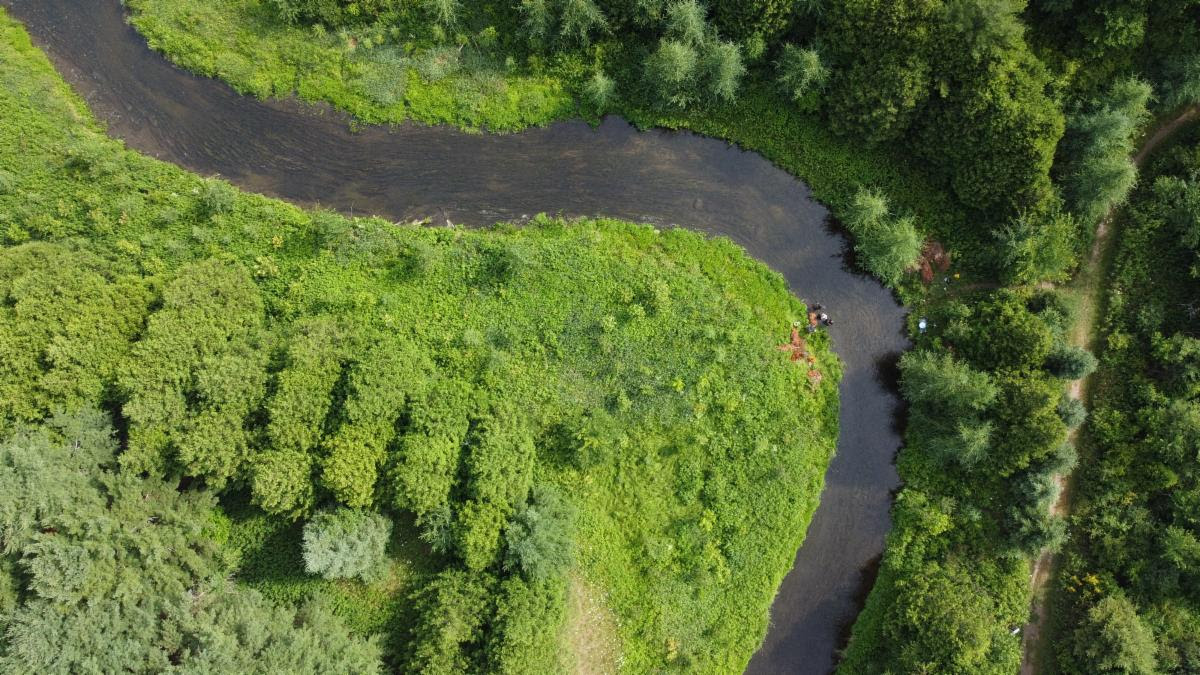There’s a lot to unpack in Bill 23, More Homes Built Faster Act, 2022 and it’s clear the proposed changes may have significant impacts on conservation authorities, municipalities, and the overall protection of Ontario’s environment.
Conservation authorities have concerns, particularly around two proposals: one that transfers regulatory responsibilities in some municipal jurisdictions from conservation authorities to municipalities; and a second that prevents municipalities from working with conservation authorities to provide development application review services for anything beyond natural hazards.
What is the advantage of changes that do not solve the housing crisis, but create a host of new problems – not just for conservation authorities and municipalities, but also for the development community?
This is a watershed moment for Ontario. For decades, municipalities – and Ontarians – have relied on conservation authorities to keep our communities safe and help plan our communities well. This partnership uses local, watershed science, collected and built over years, to guide decision-making.
Bill 23, as proposed, changes the rules and rolls back 70 years of successful science-based watershed protection by Ontario’s 36 conservation authorities. These changes are contrary to the core mandate of conservation authorities and could put people – and their homes – at risk.
Successful emergency preparedness relies on conservation authorities to regulate development in hazardous areas. This prevents the worst possible outcome which at the top of the list, is loss of life. Delegating this role to select municipalities creates an additional level of risk that municipalities have not had to manage until now.
We must protect and include green infrastructure (wetlands, forests, riparian areas, etc.) because they cost-effectively, and efficiently reduce flood risks and protect water quality. Flood management relies on ‘conserving’ the interconnected waters and lands of Ontario’s environment.
Ontario’s conservation authority model is internationally recognized for leading the way in creating healthy, safe communities, especially now at a time when emergency preparedness is more important than ever.
Conservation authorities began in the 1940s in response to poor watershed conditions and increased flooding and erosion hazards. It came to be understood that what we do on the land, and to other natural resources, impacts floods and the health and safety of our communities.
Conservation authorities developed and delivered watershed management programs and activities, such as tree planting, and hazard land purchase, to protect water quality, reduce and prevent the risk of flooding, and generally build healthy watersheds.
Then, in 1954, Ontario was hit by Hurricane Hazel causing a significant loss of life and damages, particularly along watercourse floodplains. As a result, conservation authorities were given regulatory responsibilities to ensure the development was not located in hazardous flood or erosion-prone areas.
The legacy of this work is a successful, watershed-based approach to natural hazards management that protects our communities and prevents millions of dollars in damages and disrupted business.
We are concerned the changes proposed in the More Homes Built Faster Act will water down this legacy and result in unintended consequences such as:
- weaken the ability of conservation authorities to continue protecting people and property from natural hazards,
- place new responsibilities on municipalities related to natural hazards and natural resources that they are unprepared and under-resourced to tackle, and
- diminish the ability to protect critical natural infrastructures like wetlands that reduce flooding and protect water quality in lakes and rivers.
To avoid unintended consequences, Conservation Ontario proposes the following:
- Allow municipalities to enter into agreements with conservation authorities for review and comment on development applications such as natural heritage and water resources plan review.
- Development subject to Planning Act authorizations should not be exempt from requiring a conservation authority permit and conservation authority regulations should not be delegated to municipalities.
- Conservation authority development fees should not be frozen since they are based on cost recovery.
- Careful consideration is required when identifying conservation authority lands to support housing development.
We ask the government to reconvene the multi-stakeholder Conservation Authority Working Group to review the proposed changes and help guide timely, efficient, and cost-effective improvements that will more effectively address the concerns of all.
Conservation authorities are not a barrier to growth; they are an important part of the development process.
Ontarians deserve an approach to increasing the housing supply that doesn’t pit the environment against development. The two can successfully co-exist to ensure a healthy, sustainable, environment for the next 70 years and beyond.
Learn more:









